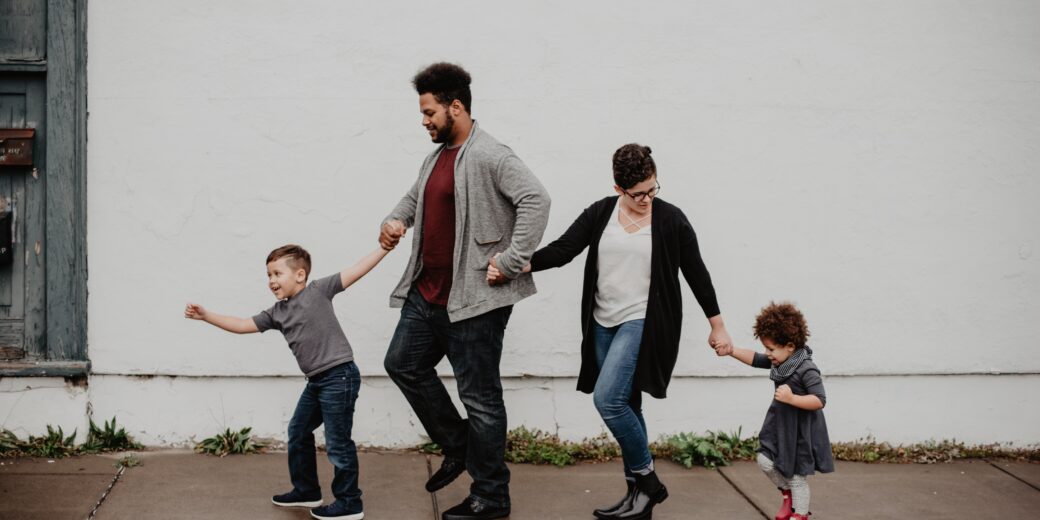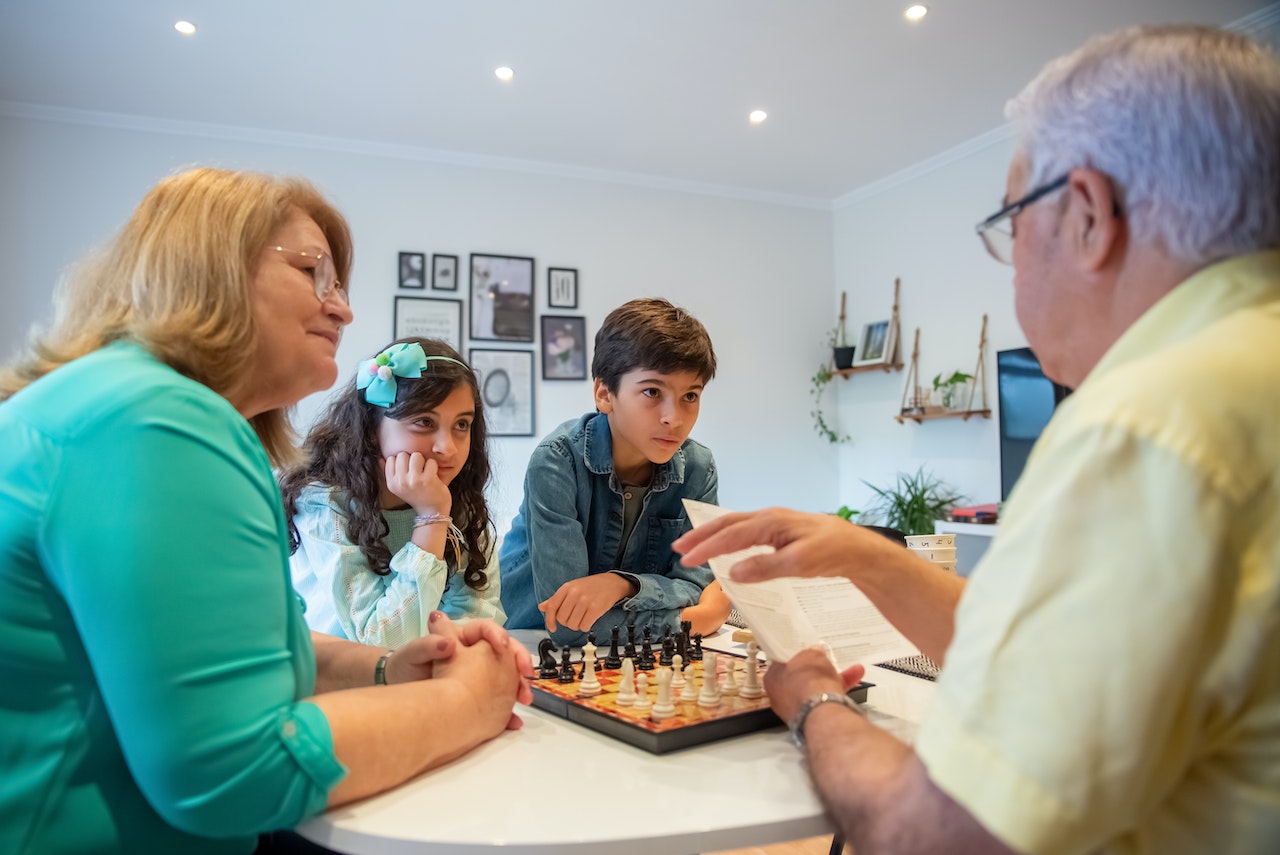How To Talk With Your Kids About After-Life Planning

How would you react if a close friend in another state invited you to their wedding? You would probably start planning right away: buy your plane ticket, choose what you’re going to wear and select the perfect gift. You definitely wouldn’t leave things until the last minute and hope they just sorted themselves out.
That's how you should approach end-of-life planning. Plans are good for your family and important for your happiness.
The Benefits of End-of-Life Planning

Here are several benefits of making reasonable plans for the future.
Less Stress
Worrying about stressful situations can be worse than the problem. Making end-of-life decisions gives you relief. You feel a large weight lifted off your shoulders because the important things are ready.
More Control
It’s impossible to predict what will happen tomorrow, but that doesn’t mean you have to live with uncertainty. Making decisions can help you remain in control of your life.
Better Treatment
Some patients end up agreeing to medical treatments that cause them significant pain for no good reason. Doctors don’t always explain what’s involved. Planning gives you time to understand your options and make decisions that are best for you, not for the hospital's profits.
The End-of-Life Care Conversation With Family

As long as you keep their age in mind, it can be beneficial to talk with kids about end-of-life issues. Here's how:
- Lay the groundwork: Do your homework first, learning about care options, insurance, bank accounts and other aspects of planning.
- Be open and honest: Don’t hide genuine risks from loved ones. At the same time, be confident. Here’s an example: “In our area, people sometimes get hurt in car accidents. The risk is small, but this is what we’re going to do as a family if it happens to us.”
- Answer questions: Let children ask all the questions they want. Do your best to answer calmly with age-appropriate details.
- Leave the door open: If family members raise concerns, remember that you don’t have to make any decisions at that moment. Thank them for caring about you and tell them you need some time to think about their point of view.
- Be clear: Try not to leave any room for ambiguity. For example, if you want to live in your home as long as possible and receive in-home medical assistance, say so clearly.
Adult Children, Wills and After-Life Planning

On one hand, you want to avoid provoking family arguments. On the other hand, you need to reveal enough information to make your wishes clear.
Family members shouldn’t need to wait until hearing your will to discover what you think about important end-of-life decisions. Talking about your decisions makes it easier for everyone to be on the same page, working together as a family instead of arguing over the fine print.
The Right Time for End-of-Life Decisions

The best time to start making end-of-life plans is right now. It doesn’t matter whether you’re young or getting older, married or single, a parent or not.
It’s a myth that talking about after-life issues puts stress on loved ones. Surviving family members actually feel less depression, grief and guilt when they have clear instructions to follow. They feel relieved because they know the decisions they make are exactly what you want.
